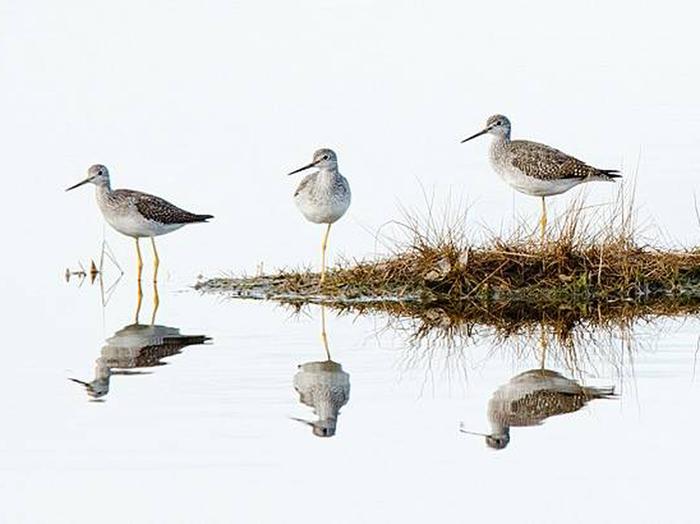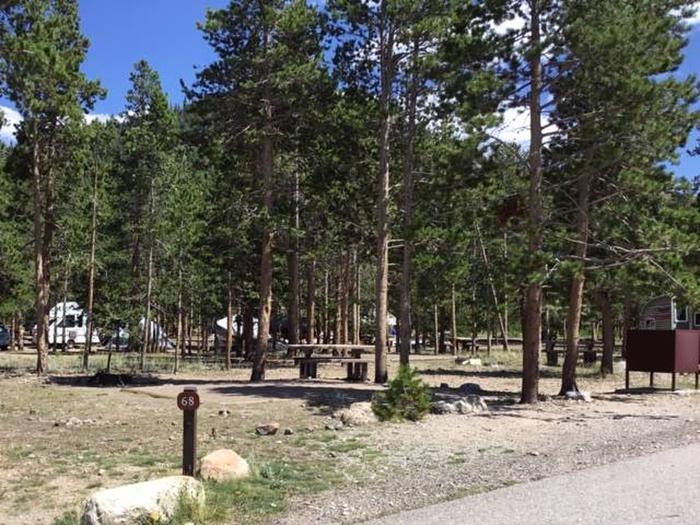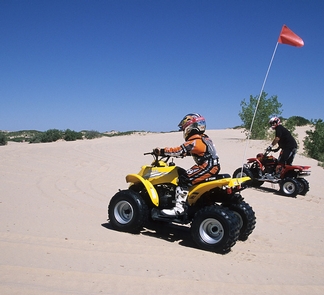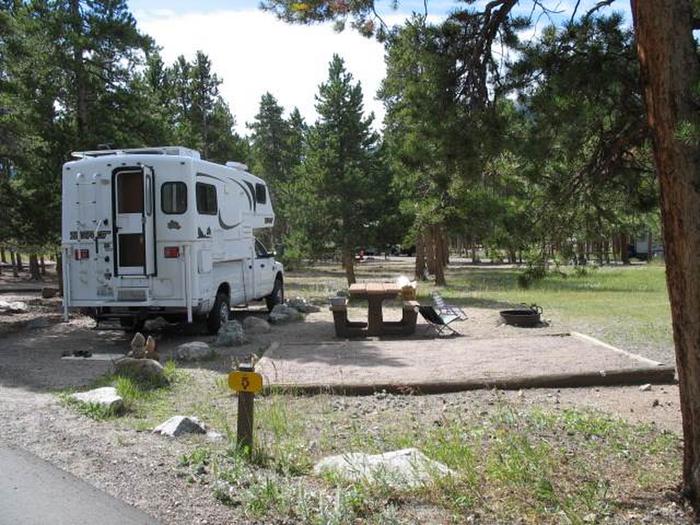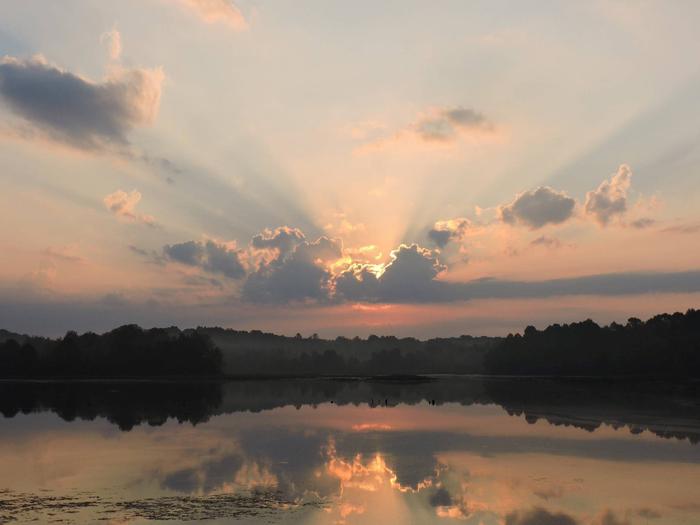Directions
The refuge is located approximately 35 miles north of Boston. From Interstate 95 take exit 57 and travel east on Route 113, then continue straight onto Route 1A South to the intersection with Rolfe’s Lane for a total of 3.5 miles. Turn left onto Rolfe’s Lane and travel 0.5 miles to its end. Turn right onto the Plum Island Turnpike and travel 2.0 miles crossing the Sgt. Donald Wilkinson Bridge to Plum Island. Take your first right onto Sunset Drive and travel 0.5 miles to the refuge entrance. The refuge headquarters is located at the northern end of Plum Island near the Newburyport Harbor Lighthouse. Once on the island continue straight for 0.25 miles. The road will then curve sharply to your left. Continue for 1.5 miles to the refuge headquarters on your left.
Phone
978-465-5753
Activities
BOATING, INTERPRETIVE PROGRAMS, FISHING, HIKING, HUNTING, WILDLIFE VIEWING
Camping Reservations
Reserve your campsite at these camping areas:
Hiking Trails
Looking for nice hiking areas to take a hike? Choose from these scenic hiking trails:
Related Link(s)
More Massachusetts Recreation Areas
Parker River National Wildlife Refuge was established in 1942 primarily to provide feeding, resting, and nesting habitat for migratory birds. Located along the Atlantic Flyway, the refuge is of vital stopover significance to waterfowl, shorebirds, and songbirds during pre- and postbreeding migratory periods. The refuge occupies in part, the southern three-fourths of Plum Island, an 8 mile long barrier island near Newburyport, Massachusetts. Excellent wildlife-oriented recreational and educational opportunities are available with visitor facilities and programs provided to enhance your experience. The refuge consists of 4,662 acres of diverse upland and wetland habitats including sandy beach and dune, shrub/thicket, bog, swamp, freshwater marsh, saltwater marsh and associated creek, river, mud flat, and salt panne. These and other refuge habitats support varied and abundant populations of resident and migratory wildlife including more than 300 species of birds and additional species of mammals, reptiles, amphibians, insects, and plants.

